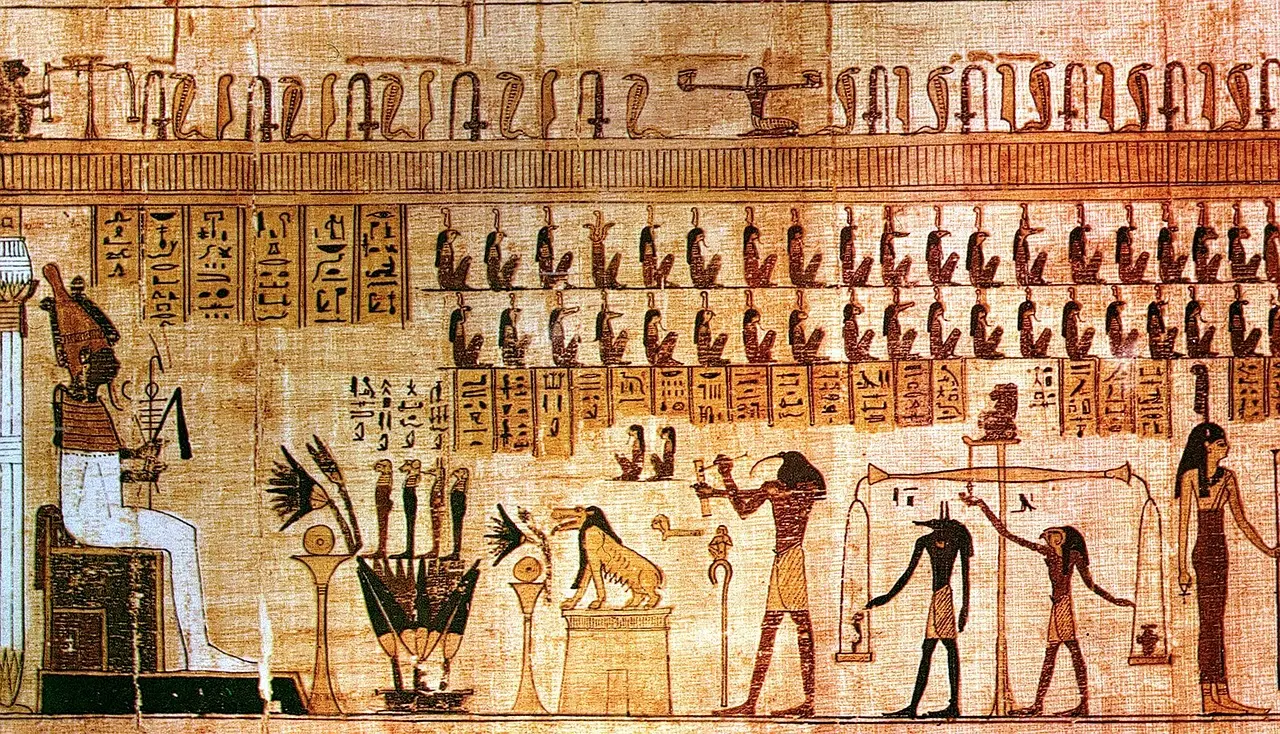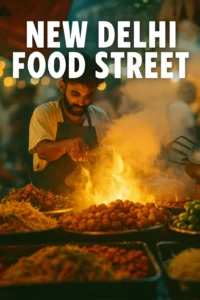Contents
ToggleIntroduction to Egyptian Culture and Customs
Egypt is more than just pyramids and deserts—it’s a land where history and culture are deeply woven into everyday life. For thousands of years, Egyptian traditions have shaped society, leaving behind world-famous monuments, intricate art, and living customs that thrive today.
From ancient rituals along the Nile to bustling city life in Cairo, Egypt offers a cultural journey like no other. Every corner tells a story: whether it’s the grandeur of Luxor’s temples, the mysteries of hieroglyphs, or the warmth of hospitality in small towns. Understanding Egyptian culture and customs not only enriches your visit but also shows respect to its people and heritage.
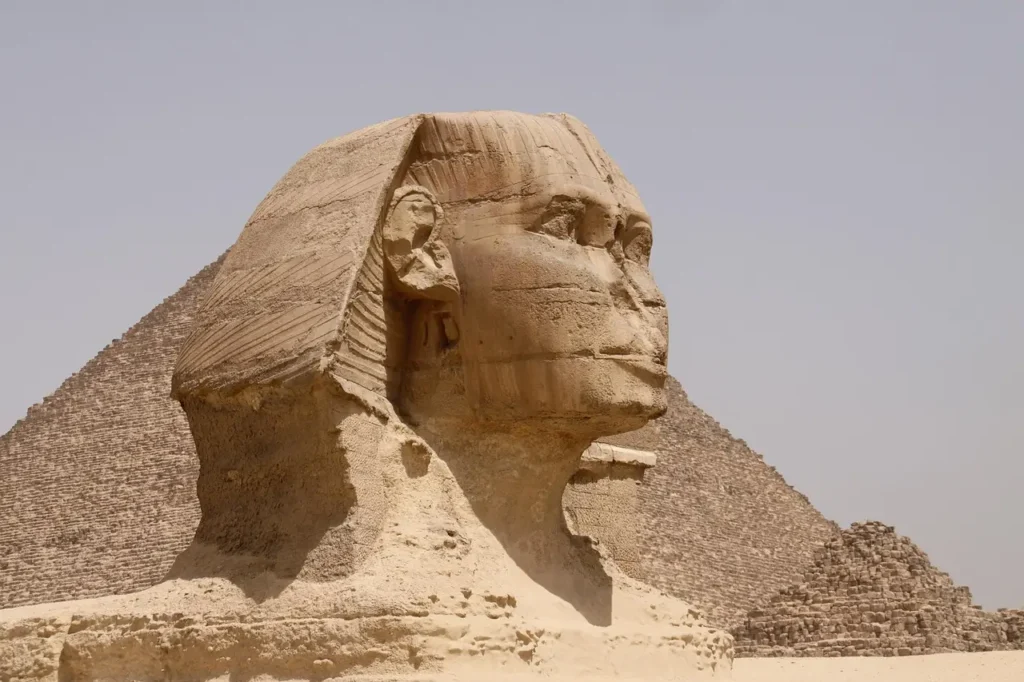
Egypt Country & Egypt City Overview
Cairo: The Beating Heart of Egypt
Cairo is a city of contrasts—modern skyscrapers rise beside centuries-old mosques and vibrant bazaars. It’s home to the Egyptian Museum and acts as the gateway to the pyramids of Giza. Life here is fast-paced yet deeply rooted in traditions.
Alexandria: Mediterranean Influence
On the Mediterranean coast, Alexandria reflects Greek, Roman, and Egyptian heritage. Once home to the legendary Library of Alexandria, the city now blends seafront charm with cultural landmarks.
Parisian Culture And Customs: A Complete Guide — 12 Essential Ways to Blend In
Continent of Egypt: Where Culture Meets History
Egypt sits at the crossroads of Africa and the Middle East, which explains its rich blend of traditions. The Nile River has always been the lifeline of Egypt, shaping agriculture, festivals, and even religious beliefs. This geography made Egypt a center of trade, culture, and spirituality for thousands of years.
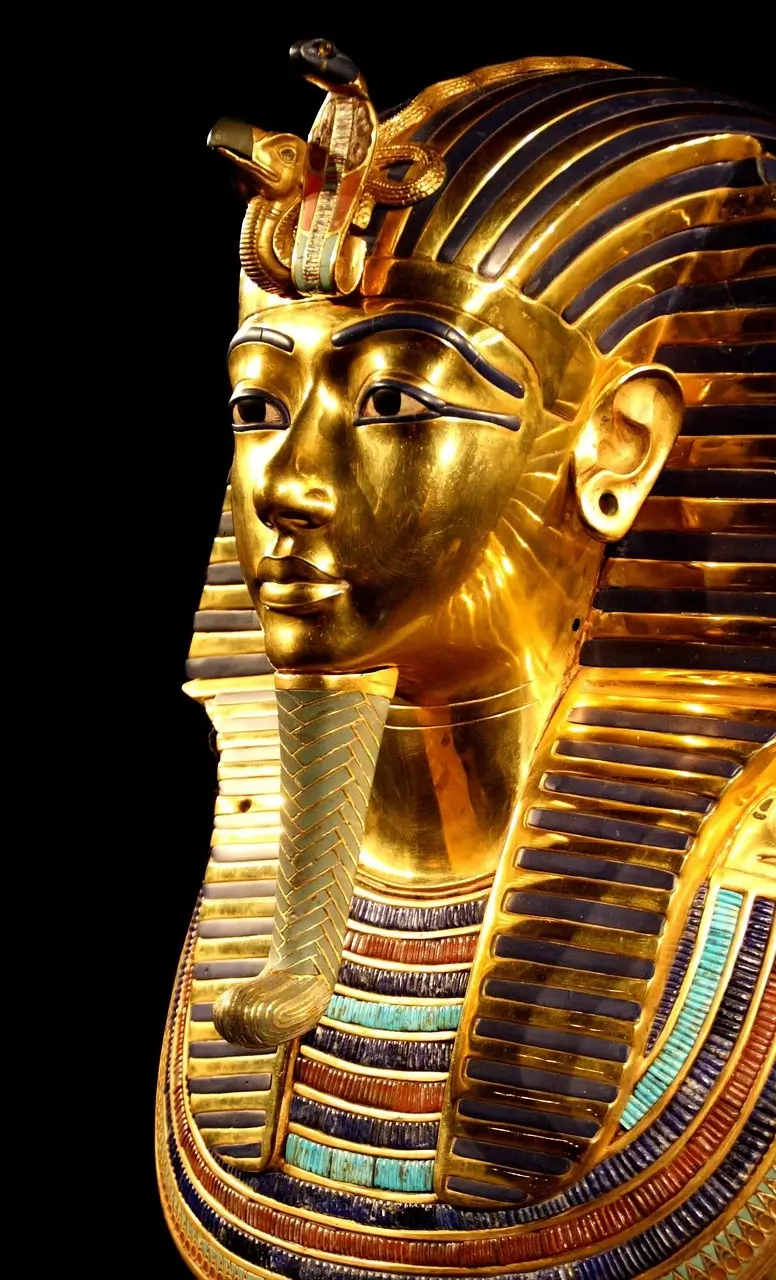
Ancient Egyptian Heritage
Traditions of the Pharaohs
Pharaohs weren’t just rulers—they were seen as divine figures. Their grand tombs and temples reveal their deep connection to the afterlife. These traditions gave rise to the pyramids, elaborate burial rituals, and legendary monuments still admired today.
Queens and Rulers (Including Cleopatra)
Among Egypt’s rulers, Cleopatra remains one of the most famous. Known for her intelligence and political influence, she symbolizes Egypt’s ability to merge tradition with global connections.
Egyptian Mythology and Gods
Egyptian mythology was a vital part of daily life. Gods like Ra, Isis, Osiris, and Horus influenced beliefs about life, death, and rebirth. Temples were more than religious spaces—they were centers of art, rituals, and community gatherings.
Egyptian Hieroglyphics: Language and Customs
Hieroglyphics were more than writing; they were sacred symbols filled with meaning. They recorded stories of kings, daily life, and spiritual beliefs. Decoding hieroglyphs unlocked secrets of one of the world’s greatest civilizations, giving us insight into how Egyptians thought and lived.
Kashmiri Culture and Customs – A Complete Guide 2025
World-Famous Monuments & Customs
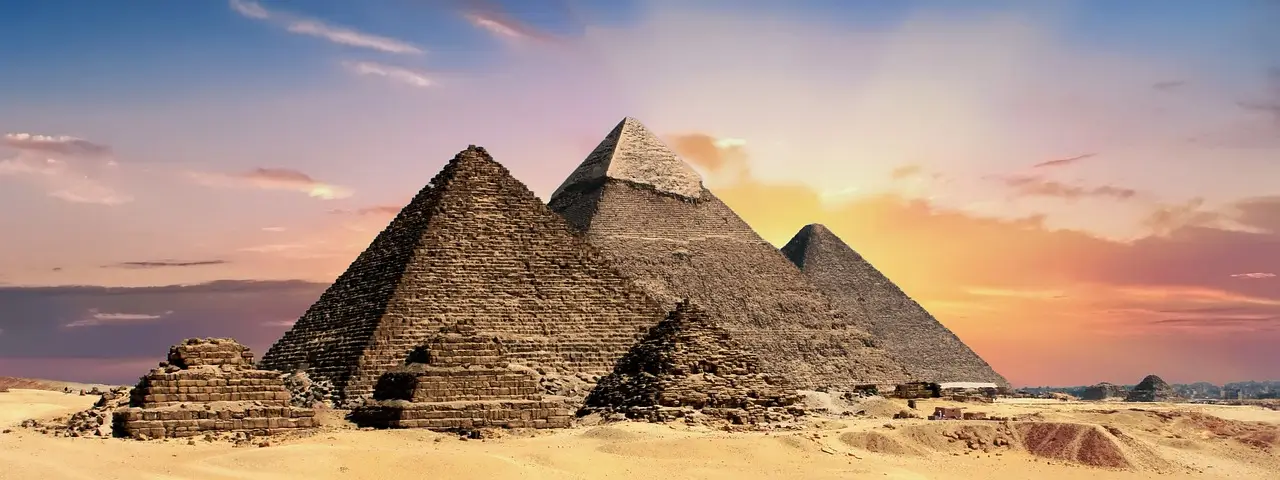
Pyramids of Giza
The pyramids of giza are Egypt’s most iconic landmarks. Built as tombs for pharaohs, they symbolize the power of kings and the Egyptians’ deep belief in the afterlife.
The Great Sphinx
Next to the pyramids lies the Sphinx, a guardian figure with a lion’s body and human face. It represents strength and protection.
Luxor and Karnak Temples
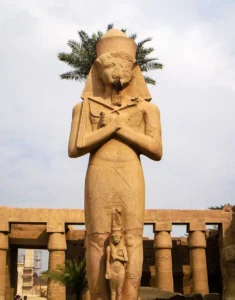
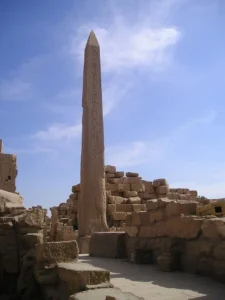
Often called the “world’s greatest open-air museum,” Luxor is home to massive temples, statues, and avenues of sphinxes. These structures show the grandeur of ancient Egypt’s religious life.
Aswan and Saqqara
Saqqara houses Egypt’s earliest pyramid—the Step Pyramid of Djoser. Aswan, with its quarries and temples, played a key role in supplying stone for great monuments.
Alexandria and the Library
The ancient Library of Alexandria was a hub of knowledge. Today, its spirit lives on in the modern Bibliotheca Alexandrina, a cultural and learning center.
Siwa Oasis: Desert Traditions
In the desert, Siwa Oasis has preserved unique customs and language. Its traditional dress, festivals, and crafts make it a cultural treasure unlike any other part of Egypt.
Egyptian Museums & Art
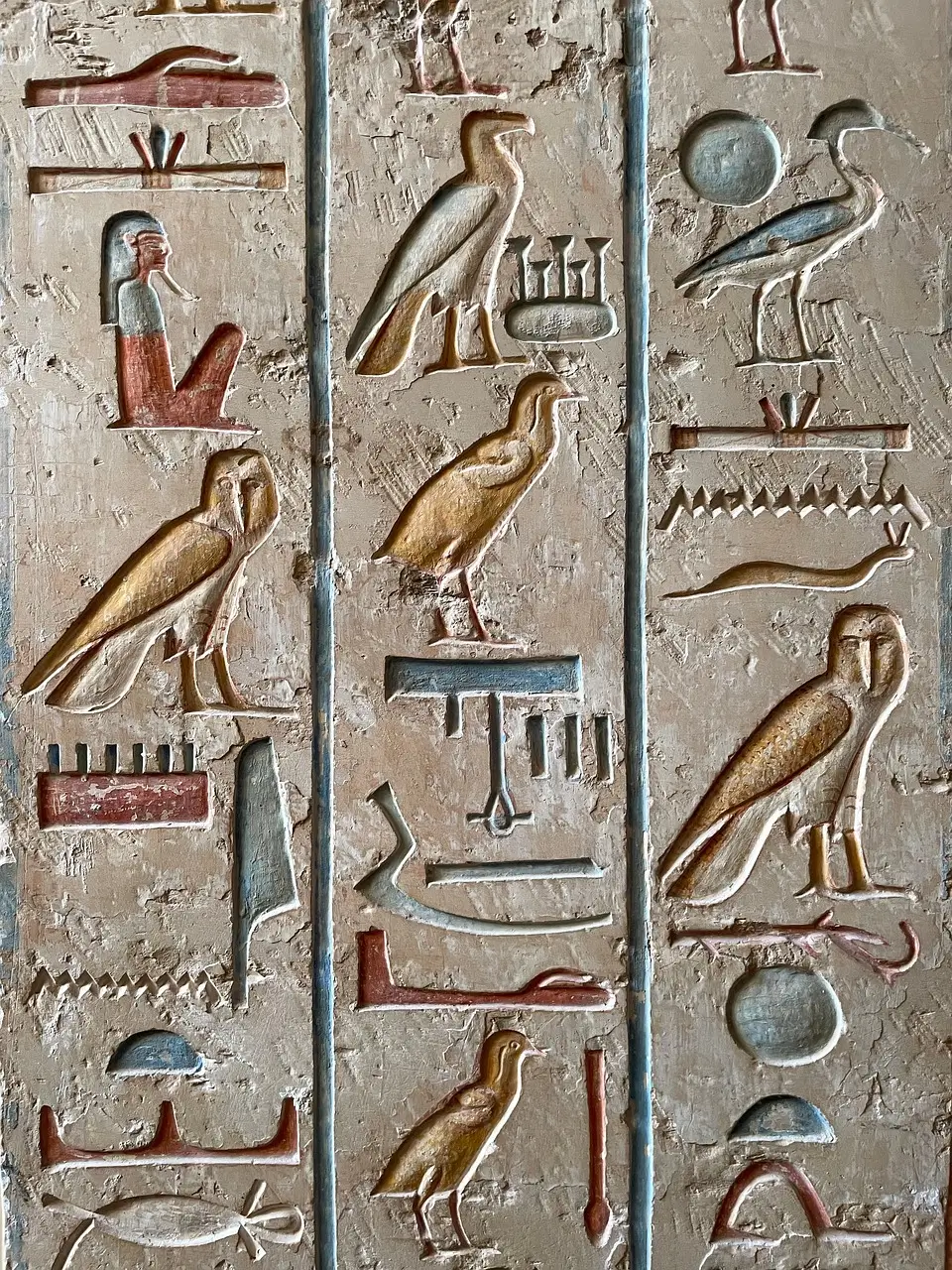
The Egyptian Museum in Cairo
Located in Tahrir Square, the museum holds an incredible collection of ancient artifacts. Visitors can see statues, jewelry, and treasures from Tutankhamun’s tomb.
The Grand Egyptian Museum
Set near the pyramids, the new Grand Egyptian Museum will be the largest archaeological museum in the world. It combines modern displays with ancient wonders.
Egyptian Art: Statues and Paintings
Statues, wall carvings, and colorful paintings reveal daily life, beliefs, and royal traditions. These works connect visitors to the spirit of ancient Egypt.
Festivals and Celebrations
National and Religious Festivals
Egyptians celebrate Islamic festivals like Ramadan, Eid al-Fitr, and Eid al-Adha with family gatherings and community prayers. A unique spring festival called Sham el-Nessim dates back to ancient times and is celebrated with outdoor meals and picnics.
Traditional Egyptian Weddings and Family Customs
Weddings in Egypt are grand celebrations filled with music, dancing, and strong family involvement. Customs vary across regions, but traditional features include henna ceremonies, wedding processions, and a deep emphasis on family unity.
Daily Life & Etiquette
Social Etiquette
Hospitality is key in Egyptian culture. Guests are warmly welcomed, and offering tea or coffee is a common gesture. Greetings are polite and respectful, and modest dress is appreciated in public and religious places.
Park Hyatt Hyderabad Address, Owner, Room Price, Menu & More (Complete Guide)
Markets and Bargaining
In markets like Cairo’s Khan el-Khalili, bargaining is expected. Negotiation is seen as part of the shopping experience, often done with humor and patience.
Blending Past and Present
Modern Egyptians balance tradition with global influences. Young people enjoy modern lifestyles but still respect family ties and cultural customs.
Travel Tips for Tourists
-
At Temples and Mosques: Dress modestly, remove shoes when required, and avoid loud behavior.
-
Do’s: Learn a few Arabic phrases, carry small change for tipping, and respect local photography rules.
-
Don’ts: Avoid political discussions, don’t touch artifacts, and don’t enter sacred spaces without permission.
Frequently Asked Questions (FAQs)
Q1: What is the best time to visit Egypt?
Spring and autumn are ideal for pleasant weather and cultural events.
Q2: Can non-Muslims visit mosques?
Yes, many mosques welcome visitors outside prayer times, provided they dress modestly.
Q3: Is bargaining common in Egypt?
Yes, bargaining is expected in bazaars and markets, but not in fixed-price shops.
Q4: What makes Siwa Oasis unique?
Siwa has its own language and customs, making it very different from other regions in Egypt.
Q5: Can I take photos at ancient sites?
Photography is allowed at most sites, but flash and tripods are often restricted. Always follow the rules.
Q6: How do ancient traditions affect modern Egypt?
Ancient customs live on through festivals, art, and tourism, blending with modern Egyptian culture.
Conclusion: Why Culture and Customs of Egypt Remain Timeless
Egypt is a country where the past never fades. From the pyramids to family gatherings, traditions run deep and continue to influence daily life. Ancient rituals, hospitality, and respect for community remain strong, even as modern life evolves.
Visiting Egypt is more than sightseeing—it’s an opportunity to connect with a culture that has inspired the world for thousands of years. Respecting its customs ensures you’ll not only enjoy the beauty of Egypt but also carry home a piece of its timeless spirit.

